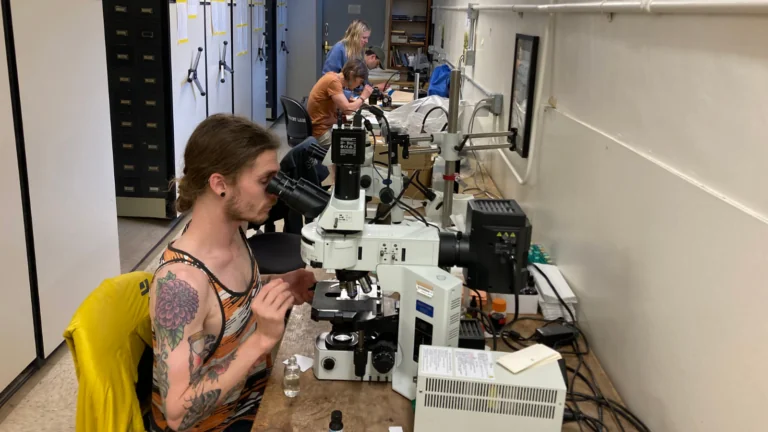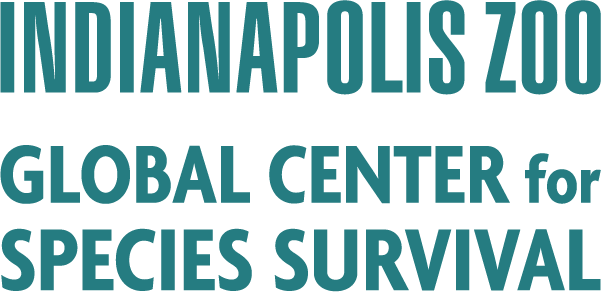
Take Action
What You Can Do
The Global Center aims to inspire and activate everyone to take action. We can all be conservationists. We all have the power to make a difference. Find something that inspires you, and then take a step to help. From recycling and reducing energy use to gardening and voting, there are a lot of ways to get involved.
To protect tomorrow’s world, we have to take action today. See how some families are working together to make a difference.

The Indianapolis Zoo supports conservationists who are making an authentic difference in the world when it comes to saving species. We do this through our conservation grant program. From lichen research in Colorado and Dracula orchid conservation in Central and South America, to studying firelies and snakes in Indiana, our grants support a wide variety of projects.
Make a Contribution
The Indianapolis Prize convenes the best conservationists from every corner of the world to recognize ideas and solutions that work – for species, for people and for our planet. Since its inaugural year, the Indianapolis Prize has recognized men and women who have made a significant impact in saving animal species.
No other city or community in the world has an award program with the magnitude and impact of the Indianapolis Prize. It truly models the best of what a city can dare to achieve.
It is the continued goal of the Prize to draw the general public’s attention to conservation awareness. With your backing, we look forward to continuing to show the world what a dedicated community can do to make a difference.

